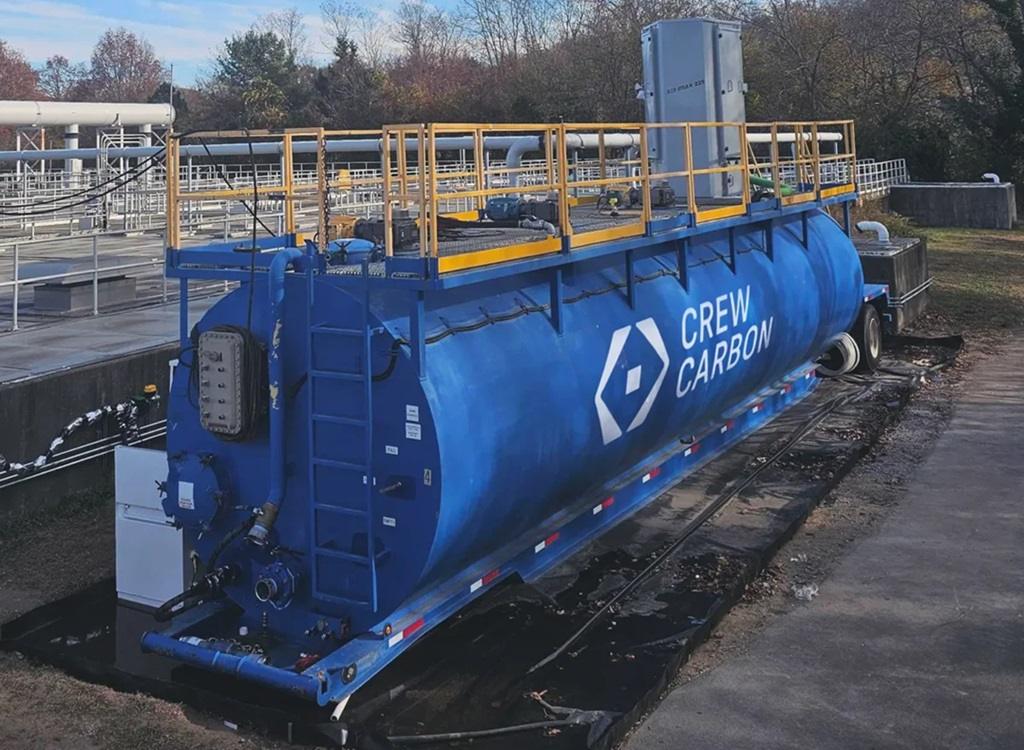McKinsey Launches Platform to Help Clients with Net Zero Transformation
Global management consulting firm McKinsey & Company announced today the launch of McKinsey Sustainability, a new platform aimed at helping clients across industries transform to get to net zero by 2050 and to cut carbon emissions by half by 2030.
According to McKinsey, the new platform will focus four key decarbonization levers, including helping clients to drive a ‘brown to green’ transition of the global economy’s installed base, build new green businesses and innovations, retire and repurpose the highest carbon intensity assets, and to scale nature-based solutions by scaling voluntary and compliance carbon markets.
Kevin Sneader, McKinsey global managing partner, said:
“Our aim is to be the largest private sector catalyst for decarbonization. The transition to a net-zero economy will increase the basis of innovation and competition. Those who act now will be advantaged, and we will help our clients ensure they are among these sustainability leaders.”
McKinsey committed to investing in the platform over the next four years, focusing on client service, knowledge and capability building, acquisitions and alliances as well as pro-bono investments, aiming to position McKinsey Sustainability as the preeminent impact partner and advisor for clients across their businesses, on sustainability, climate, energy transition, and ESG. More than 1,000 McKinsey colleagues have already joined the platform.
Today’s launch follows the recent acquisition by McKinsey of strategic economics consultancy Vivid Economics, and climate analytics platform Planetrics, aimed at helping clients assess climate and nature-related risk, develop environmentally and socially sustainable strategies, navigate large structural economic shifts, and create value through sustainable transformations.
The firm also announced the launch of the McKinsey Academy for Sustainability to train boards, CXOs, and colleagues on climate change along with several Technology Centers of Excellence that will lead cutting-edge innovation on batteries, hydrogen, carbon capture, nature-based solutions, water, plastics, and more.
Sneader added:
“When it comes to fighting climate change the time to engage is now. We are determined to do our part and help others achieve the change that is needed and needed urgently.”





